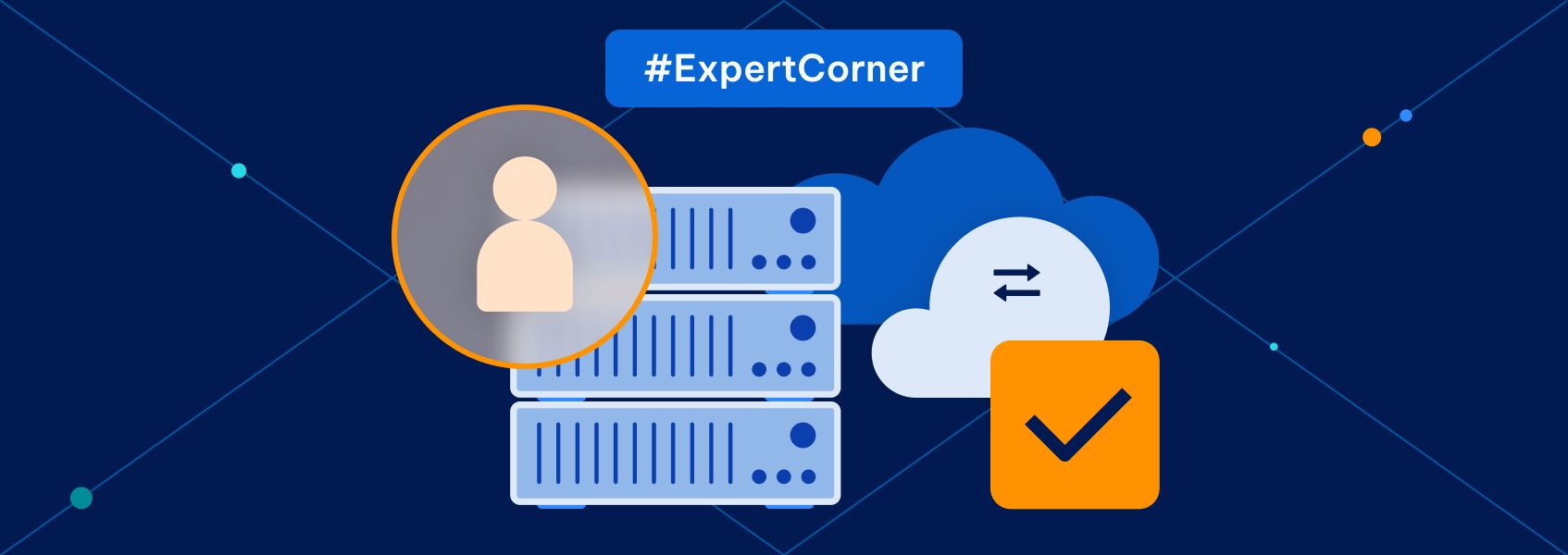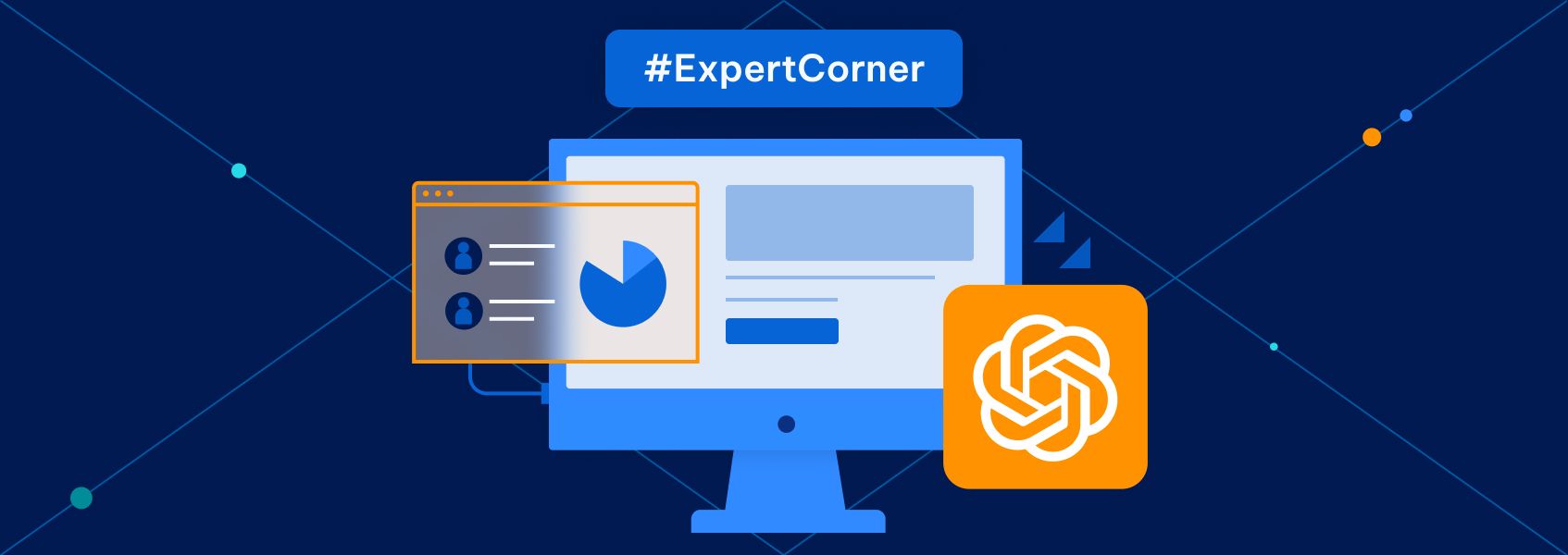Rotating Proxy Networks: Unleashing the Power of IP Rotation for Web Scraping
Expert corner

Gary Espinosa
Web scraping is the practice of automating the collection of data from various websites. Also known as data scraping , it’s become an essential tool to extract, analyze, and leverage vast amounts of information. However, it’s not without its own challenges, and that’s where rotating proxy networks come into play to help.
This article focuses on the critical role of rotating proxy networks in web scraping projects, breaking down the often complex concept of IP rotation. Through IP rotation, businesses can bypass common anti-scraping measures by cycling through different IP addresses on the fly.
Rotating ensures more efficient data access and also improves data quality while significantly reducing the potential risk of IP bans. These proxies facilitate seamless and uninterrupted data scraping by masking the true origin of a web request. Continue reading to learn the ins and outs of this data-gathering technique.
Understanding Rotating Proxy Networks
Rotating proxy networks are a powerful solution to a problem many data-driven organizations face today. Web scraping allows businesses to gather data from various online sources, but many websites employ mechanisms to detect and block such scraping activities.
These networks use different IP addresses that can be switched automatically to avoid detection. Each request comes from a different IP address, making it harder for websites to recognize the scraping activity. This concept is known as IP rotation, and it’s essential for large-scale data collection efforts.
The Benefits of IP Rotation
1. Efficient Data Access
IP rotation gives businesses access to a wide range of data from different websites without restriction. Some websites limit the number of requests from a single IP address to prevent scraping.
However, these limitations can be circumvented by rotating IP addresses regularly, which lets companies access valuable data that would otherwise be unreachable under normal circumstances .
2. Improved Data Quality
Using rotating proxies helps in obtaining unbiased and high-quality data . This is because websites may present different information to different users based on their location, browsing history, or other factors.
3. Reduced Risk of IP Bans
Repeated requests from a single address can lead to IP blocking, limiting future data access from that address. With IP rotation, the chance of any particular IP address getting banned is minimized, as the requests are spread across a large pool of addresses.
Choosing the Right Rotating Proxy Service
1. Location Coverage
Different projects may require IP addresses from various geographic locations, so the chosen service should offer a wide range of locations to match the project’s needs.
Consideration of geographic coverage ensures that you can simulate user behavior from specific countries or regions, which can be critical for market research or SEO analysis. Selecting a provider with limited location options might restrict the project’s scope and hinder its success.
2. Anonymity Level
One of the most important cybersecurity lessons we learned recently was the significance of robust security measures in protecting against cyber threats . It’s precisely why anonymity is so important.
High anonymity proxies ensure that the target website cannot detect the proxy’s presence, which is why they’re preferred for web scraping, as they offer an added layer of security .
Anonymity levels can be vital in scraping data from sites with robust security measures, ensuring the scraping process remains undetected. A lower level of anonymity could lead to easier detection and potential blocking, adversely affecting the data collection process.
3. Type of Proxies
Depending on the project’s needs, businesses can select either datacenter proxies or residential proxies. Residential proxies are associated with real users and can be more reliable, while datacenter proxies might be more cost-effective.
Residential proxies typically offer better legitimacy since they are connected to actual ISPs, making them ideal for highly secure sites. On the other hand, datacenter proxies can be a more budget-friendly option, especially for large-scale projects requiring numerous IP addresses.
4. Support and Reliability
Good customer support and reliability are essential. Downtime leads to data gaps, and an unresponsive support team can exacerbate the problem. Therefore, it’s wise to consider user reviews and test the service before committing.
A reliable service will ensure smooth operation, minimal disruption, and can provide quick resolutions to any issue , keeping the project on track and maintaining efficiency.
Managing Session Persistence
Session persistence is maintaining a continuous connection using the same IP address during a specific web scraping task , such as logging into a user account. In some cases, abruptly changing the IP address during such a session might lead to detection or errors.
Therefore, configuring the rotating proxy network to allow for session persistence when needed is absolutely vital. The approach requires a fine balance between rotating the IPs to avoid detection and keeping them static enough to maintain a functional session.
Handling CAPTCHA Challenges
CAPTCHAs are designed to differentiate human users from automated bots. They can pose a significant challenge to web scraping efforts, particularly when they’re presented as a response to a suspected scraping activity.
Handling them may require integrating CAPTCHA proxies or developing custom in-house solutions. Some proxy services also offer CAPTCHA handling as part of their core services.
Real-Life Applications of Rotating Proxy Networks
1. Market Research
Businesses leverage rotating proxy networks for thorough market research. After all, having a better understanding of competitors’ offerings and consumer sentiments helps organizations identify opportunities for growth and innovation.
When it comes to storing data in a secure and accessible format, using secure PDF tools is a vital part of any company’s data management strategy. Look for PDF tools that come with security features such as electronic signatures so you can securely share and deliver documents internally or to approved parties.
2. SEO Monitoring
SEO professionals use rotating proxies to monitor search engine rankings and understand how different users interact with the website. Using location-based info, experts can monitor the search results and use this granular view of datasets to craft more effective SEO strategies.
Companies can gain a more comprehensive understanding of how their content is performing across different demographics by simulating searches from different regions and devices. This insight enables targeted optimization, ensuring that content reaches its intended audience and performs well in relevant search queries.
3. Social Media Analysis
Monitoring social media sentiment and trends is essential for many brands. Rotating proxy networks enable companies to access various social media platforms and scrape valuable data to gauge public opinion.
Brands can better identify prevailing sentiments and trends related to their products or industry by analyzing posts, comments, and interactions across social media channels.
4. Fraud Prevention
Financial institutions utilize rotating proxy networks to protect themselves against other, maliciously-used residential proxies . In doing so, they can test their systems for vulnerabilities and enhance their fraud detection mechanisms. Rotating proxies enable a realistic simulation of various user scenarios, providing an effective way to stress-test security protocols.
Enhancing Your Web Scraping Efforts
Rotating proxy networks are a crucial tool for businesses and organizations across various sectors, and enabling seamless web scraping lets these networks access a wealth of data that might otherwise be out of reach for them.
From streamlined data access to improved data quality, the benefits of IP rotation are readily apparent. Through real-life applications in market research, such as SEO monitoring, social media analysis, and fraud prevention, IP rotation has shown its transformative potential.


